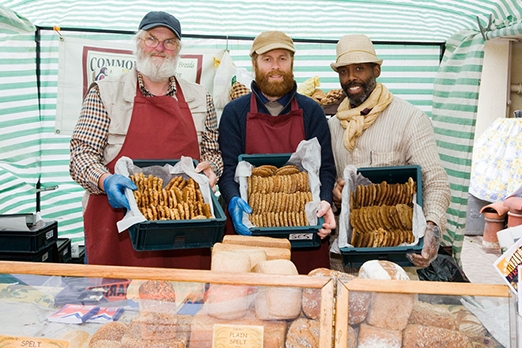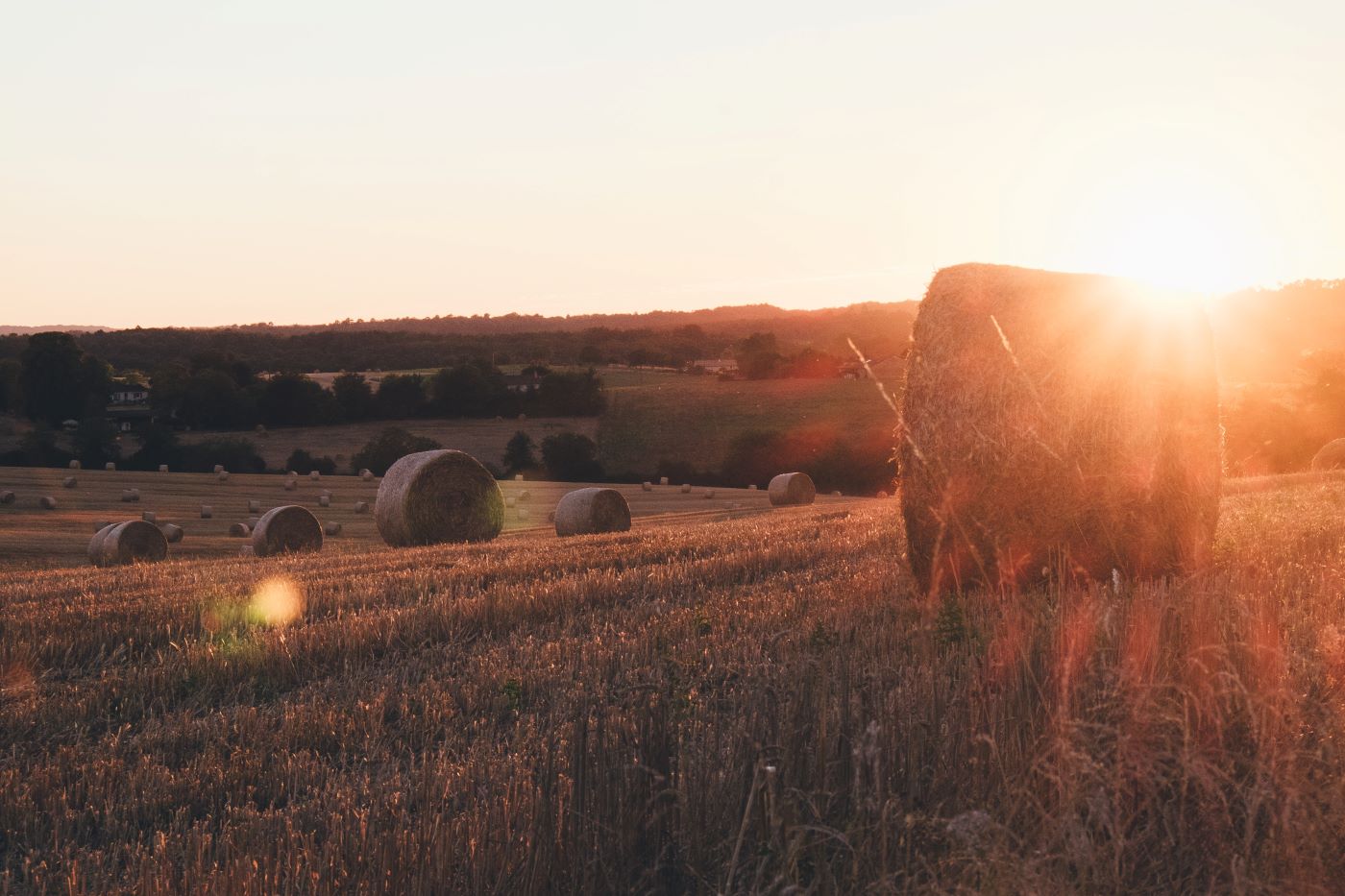From Yorkshire puddings to Cumberland sausage to Devonshire cream, British Food Fortnight is a celebration all that is great about our island fare. Once dismissed as sub-standard to the complexity and refinement of our European cousins’ cuisine, British food now has a reputation for innovation, variety and quality, driven, in part, by the vitality and energy of small-scale producers and farmers. But what does the future hold for these small producers?
Like many small businesses, small food producers and farmers are the drivers of innovation. The rise of micro-producers – distilleries and microbreweries, dairies and artisanal bakeries - highlights the potential for expanding the diversity and distinctiveness that is so characteristic of the best of British food. Local butchers, veg boxes, delicatessens and farm shops so often rely on small-scale, local producers. In turn, the network of smaller farms act as seedbeds for businesses, start-ups and the development of new products.
However, there is little to protect these small farms for the contribution they make to local food economies.
In our report ‘Uncertain Harvest’, we looked at the rapid decline of small farms in England, and its impact on landscape, rural communities, and our much-loved countryside. We found many examples of small food producers innovating to produce incredible food, while enhancing the environment around them.
We met David and Helen Brass, who, on their Lake District farm, were the first egg producers to plant native trees and hedgerow shrubs to provide shelter for their free-range hens, and to support local wildlife. They have won awards for their small business, and now support new producers and other local farmers.
We met the founders of Stream Farm in Somerset, who run their farm co-operatively, with all land and equipment shared. Their lamb is judged to be among the best in the country, and they have twice won Best Meat in Bristol – all achieved on a relatively small scale, and while supporting new young farmers who share their land to develop vital business experience.
However, these success stories mask a wider decline in small farms. We have lost 28,000 in England alone in the past decade, and with them a wealth of experience and knowledge. If we want our farming sector to flourish, we need to halt this decline and support new entrants so they can act as incubators for the new ideas we need to meet the challenges of our times.
It is clear that we are living through a time of momentous change in farming. Brexit will see the end of the Common Agricultural Policy (CAP) system of payments that have supported our farming sector for decades. The government has introduced the first major piece of agriculture legislation in over 70 years. There is unprecedented public engagement about where our food comes from, and the sector is grappling with how to keep farmers producing the food we need, while reversing declines in wildlife, soil health and landscape diversity. Now is a time for innovation, brave decisions, and embracing radical change.
There is hope that the government’s new agricultural policy will support a new generation of farmers and producers, but we are short on detail. We welcome proposals to support county council farms, once conceived as a way to help people without a farming background into the sector.
However, we believe the Bill and the accompanying policy need to go further to sustain smaller farmsteads and their land to lock in opportunities for new enthusiastic farmers.
New policies designed to encourage some farmers to retire might help new entrants, but large landowners may simply take the dividend and hand the farm over to their children.
This is not about pitching big producers against small; it is about ensuring we have the right mix to support the production of the British food we love, to support a diverse and resilient farming sector, and to ensure the sustainability of farming as a whole.
Our network of smaller farms is so intimately tied to the health of our countryside, our sense of place, and the food we love that we cannot ignore the threat they face. Do we want our future British food landscape to be dominated by industrial-scale agriculture, or do we want a mix of farms and producers contributing to a great variety of British food?
We want the latter, and that is what we want to celebrate during this British Food Fortnight.




